Free Shipping in the U.S. for orders over $1000. Shop Now>>

Mast cells are a type of white blood cell that are a critical component of the body’s defense against pathogens and are particularly well-known for their involvement in allergic reactions. Mast cells are found in various tissues throughout the body, especially near blood vessels and mucosal surfaces, playing a role in inflammation and immune responses.
Identifying mast cells and quantifying mast cell biomarkers yields valuable information about their presence, activation, and functional state under various physiological and pathological conditions. Mast cell protein biomarkers are essential for distinguishing mast cells from other cell types in tissues, as mast cells can look similar to basophils under a microscope, which is crucial for studying their roles in health and disease. In the laboratory and clinic, mast cell biomarkers are utilized for monitoring disease progression and predicting allergic responses.
The choice of which mast cell biomarkers to measure depends on the specific goals of the analysis and the research context. NeoBiotechnologies offers a variety of validated antibodies targeting mast cell protein biomarkers that are guaranteed to yield accurate and reliable results. A list of our specific and sensitive antibodies and their intended applications is shown in the table below.

